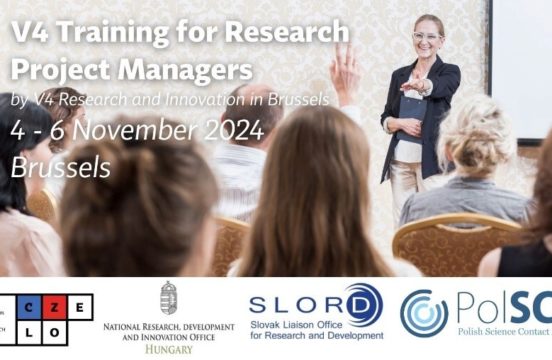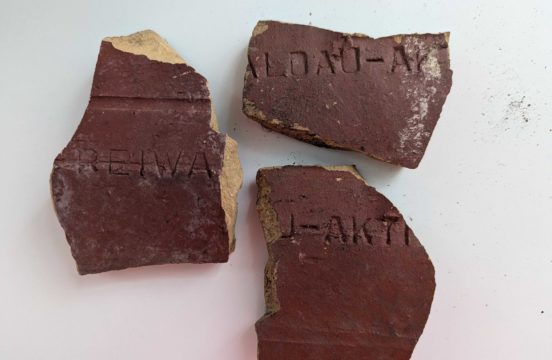Settlers arriving in the so-called Recovered Territories from other parts of Poland or from abroad after World War II often brought only little with them. What everyone brought, however, was their family (hi)stories. Our partner project “Goleniowske Fotohistorie” project is trying to bring this seemingly forgotten part of history back to light. Light plays a key role in the project, because it works with glass negatives on which there are photographs of the first settlers of post-war Goleniów, a town in West Pomerania. Some of them are classic portraits, while others capture important moments of their everyday life, such as weddings, births of children or first communions. They were photographed by the first post-war city photographer, Marian Dałkiewicz and his wife Zofia.
As Karolina wrote in her blog post, photographs of people whose names we do not know have a ghost-like character and are associated with a lot of questions about the people in them. The “Goleniowske Fotohistorie” project tries not only to preserve the found negatives for future generations, but also seeks to answer these questions. From November 15 to 23, in cooperation with our researchers Karolina and Michal, it organized an exhibition of some of the photographs under the title “Historie przywiezione” [Imported (Hi)Stories]. It presented visitors not only the photographs themselves, but also their authors and partly also the stories of people who have been recognized in the photos over time. In addition, as one of the first ones it showed the town’s post-war history from the perspective of the settlers. An important aspect was the map on which visitors could mark where their family came from to Goleniów after World War II.
As part of the exhibition’s opening, visitors had the opportunity to have their own photos taken using the technique that was still used in the post-war period. The accompanying program included several presentations about the project itself or portrait photography as such. People from the photographs also had the opportunity to speak, telling how the pictures were created and what they remember from that time. In the last part of the program, our researchers Karolina and Michal presented their research on the history of the so-called Recovered Territories based on the German objects that they found in Goleniów during their fieldwork.



















